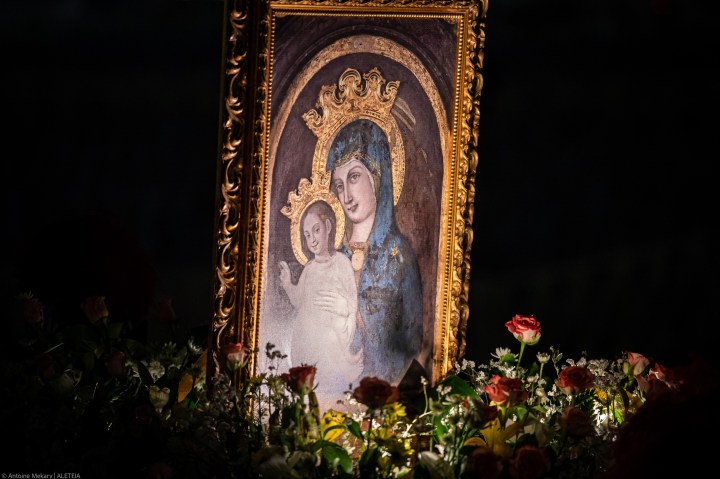When beleaguered by the cruelty of the world, the widow’s urgent appeal to the judge in the famous parable (Lk 8:1-8) becomes our own: Render a just decision for me. The presumption here is that some scoundrel is withholding the widow’s inheritance from her.
What makes matters worse is the judge: a man described as neither fearing God nor respecting any human being. But his depravity in fact goes beyond that.
I remember some years ago attending an in-service at which a psychiatrist outlined several characteristics of anti-social personality disorder. One consists in exerting exploitative control over people, manipulating others’ needs to serve their own. Another: a patent lack of remorse or sense of shame, living completely unencumbered by guilt. “It is a case of the judge’s inability to sense the evil of his actions in the presence of one who should make him ashamed” (K.E. Bailey). This judge is a sociopath. Does anyone stand a chance against someone like that?
Against all odds, the widow goes to court … something women ordinarily did not do in Jesus’ day. Perhaps she is assured by what is promised in the Old Testament: If ever you wrong any widow or orphan and they cry out to me, I will surely hear their cry (Exodus 22:22). Would anyone dare mistreat a widow in public?
But what was it that changed the mind of the heartless judge? Could it have been what St. John Paul II calls “the genius of women”? In his 1995 Letter to Women, the Pope wrote that
necessary emphasis should be placed on the “genius of women”…. Perhaps more than men, women acknowledge the person, because they see persons with their hearts. They see them independently of various ideological or political systems. They see others in their greatness and limitations; they try to go out to them and help them (12).
The judge’s ultimate fear is that the widow will “finally come and strike me.” But what I think really “strikes” him is her genius. The judge does not want to be seen in his limitations. He does not want to be helped.
The point for us is this. We are all like the widow: We have lost a great love in our life, and that loss leaves a wound. The widow’s woundedness makes her poignantly aware that she needs something outside of herself in order to live her life. It moves her to petition the one who can provide for her need. In her case it is an anti-social tyrant, but we cry out to a compassionate, patient, extravagantly generous Father.
Notice that widow does not ask for vengeance; she asks for justice. She wants to be justified, which, says the Catechism of the Catholic Church, is to experience the renewal of the interior person. It is to be conformed to the righteousness of God who makes us inwardly just by the power of his mercy (see #1989 and 1992).
It is the feminine genius of the Church our Mother that gives us the hutzpah to stand before the Divine Judge when we are overcome by the tyranny of the world and to acknowledge the divine Person of the Son of God in all his greatness. To them Jesus promises: God will see to it that justice is done for them speedily.




